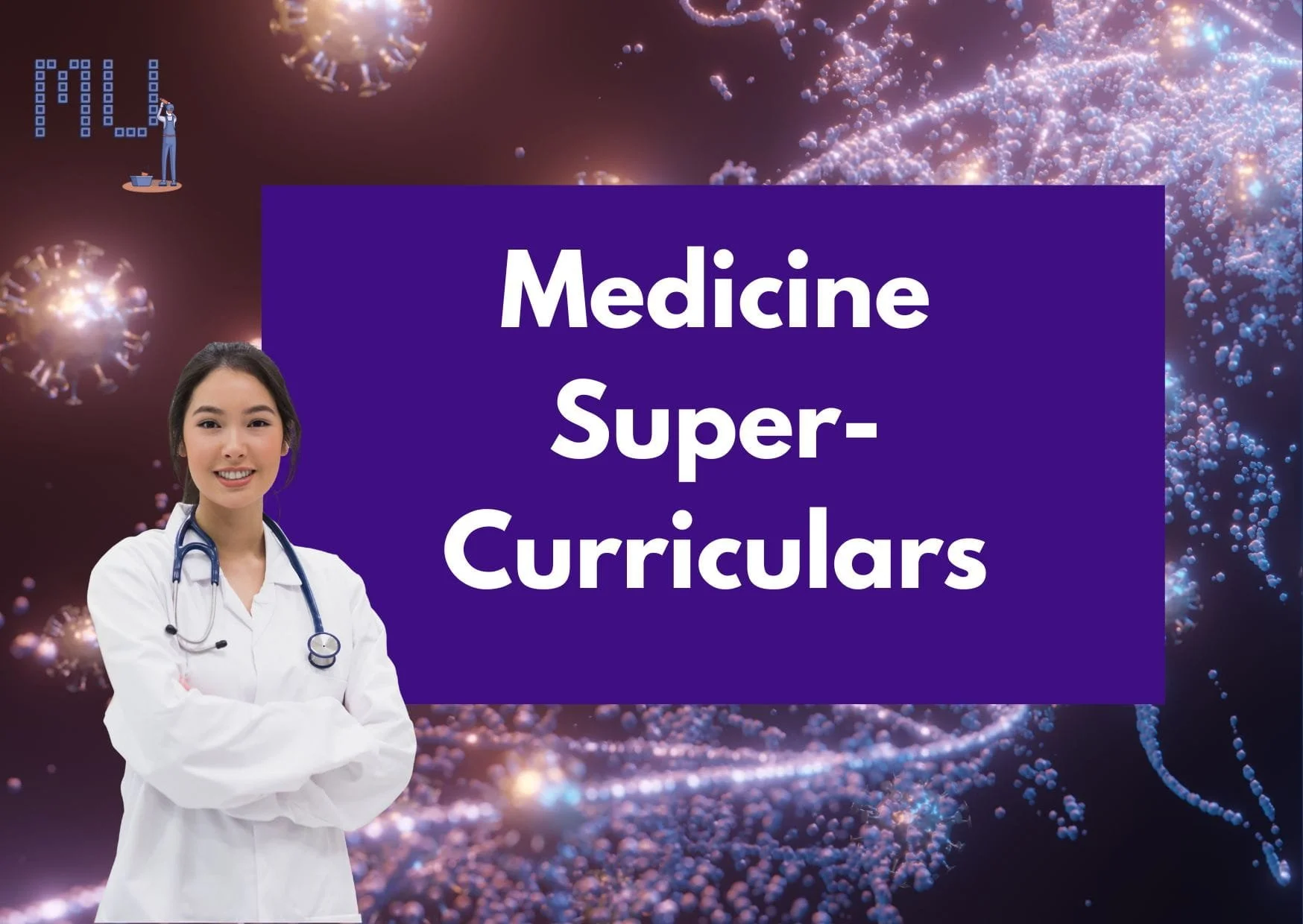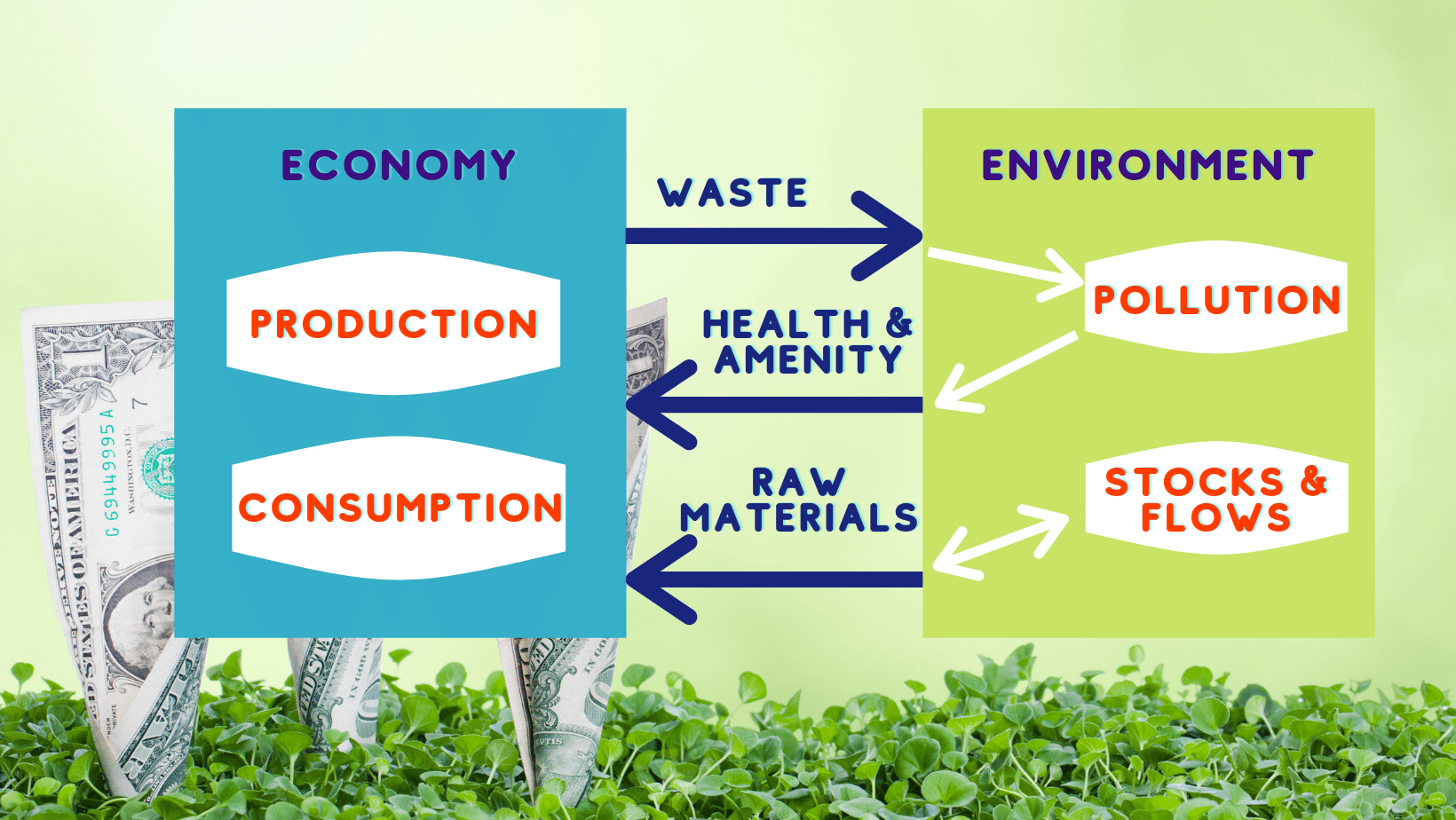Search through our array of mind-enhancing articles to boost your co-curricular knowledge. Explore the titles most relevant to you by searching by subject (e.g. Geography, Engineering, Medicine) or other keywords (e.g. University Application, Oxbridge, Careers, Work Experience) below.
Medicine Super-curriculars: How Exploring Medical Interests Strengthens Your Application
A clear guide to what medical schools are really looking for beyond grades.
This article breaks down what meaningful medicine super-curriculars look like, from wider reading and ethical reflection to research projects and structured exploration of healthcare. It explains how students can demonstrate genuine motivation for Medicine by engaging thoughtfully with medical ideas, real-world challenges, and the human side of healthcare, rather than simply collecting experiences.
Economics Hot Topics for Personal Statement and Oxbridge Interview Preparation
In order to really impress with future university applications, it is crucial you explore beyond the confines of your curricula. With so many different potential areas to explore, it might seem impossible to know where to start. We are here to help! This digest is centred around three hot topics in Economics today to stimulate wider reading and get you thinking ahead of applications and university interviews (particularly for Oxbridge Economics).
Everything You Need To Know About Getting Into Engineering: University Applications, Work Experience and Careers
In this article for aspiring engineers, a Cambridge Engineering 1st class graduate and Systems Engineer at Jaguar, discusses everything you need to know about getting into Engineering, tracing his journey from secondary to university & beyond. Find out how to prepare your own university application, whether to seek work experience, and what David is most excited about for the future of Engineering and technology.
Exploring the Economist’s Top 10 Trends For the World Ahead in 2022: Cross-Subject Current Affairs Questions and Debates For University Applications
The Economist is a brilliant source to increase general awareness of subject-specific current affairs for personal statement writing and university interviews. The magazine (and Economist podcasts) are not only fantastic for aspiring economists, but students preparing for a whole array of STEM and Humanities courses. In this Curious Minds digest, we explore five of the Economist’s top 10 trends for the world ahead in 2022, posing a range of Oxbridge interview-style questions and offering reading suggestions for students looking beyond the syllabus in their degree preparation.
A Guide To Answering Normative Questions: Should We Lower the Voting Age?
Being able to take a question that is hotly contested in public discourse and stripping it back to its bare bones to be able to arrive at a robust and logically sound conclusion is an ability necessary for success in all humanities disciplines. This Curious Minds article takes one of the more pertinent questions of our political age: “should we lower the voting age?”, to guide students on how to approach normative questions. This digest is relevant not only to those interested in politics, but all social sciences/ Humanities students.
The Big Questions Raised By The Energy Market Shortage
This Curious Minds digest is based around a prominent topic in the news: “the first energy squeeze of the green era”. If you are looking to study a scientific or social science degree (e.g. Geography, Economics, Politics etc.), it is crucial to examine current affairs articles and topics in the news. This digest will pose a range of questions around the energy market shortage, and will start you thinking about the potential causes and implications.
Developing a Critical Eye: Why You Shouldn’t Always Believe the Data
Humans introduce bias into all research (scientific, economic, political, geographical…). This Curious Minds digest aims to help you develop a critical eye when analysing data and research studies - when reading articles around your subject, it is important to hone your ability to critically appraise and challenge assumptions in research, especially if approaching university interviews. The digest will pose a range of interview-style questions and suggest tasks to get you thinking about bias in research, as well as recommend a number of further reading resources.
The Future Is Architecture: Words of Inspiration, Tips For Degree Preparation and Work Experience From a Cambridge Architecture Graduate
1st Class Cambridge Architecture graduate, Emilia, leads you through her journey from school to Architecture at Cambridge and discusses why & how to apply for an Architecture degree. Find out how to prepare your own university application, whether to seek work experience, and what Emilia is most excited about in the field of Architecture now and in the future.
Curious Minds Social Sciences Digest: Are Humans Separate From Nature?
Since the 18th century we have seen ourselves as separate from nature. But as human activity threatens the very climate system we need to survive, is it time to reconsider? In this Curious Minds digest, 1st Class Cambridge Human, Social and Political Sciences graduate, Keira, traces the development of the human-nature relationship from its encapsulation in Enlightenment thinking, to today’s warming world. This digest is particularly relevant to students thinking of Social Sciences degrees.
The World That Waits Beyond the School Walls: Connecting Subject Content with Real-World Applications for Top University Entry Success
It can be difficult to fully realise the functional significance of what you are studying. Yet, looking beyond the syllabus into the world that awaits post-school not only instills excitement and enthusiasm for the subjects you are learning, but is crucial when approaching entrance to top universities such as Oxbridge. The strongest students will show an awareness of the wider implications of their subject, make connections between topics, and be able to demonstrate their own knowledge and application of ideas. Find out how!
Keeping Up With Law Current Affairs: The Big Legal Questions Raised by Covid-19
For students looking into law as a subject to study and as a profession, it is important to engage with legal issues and have an awareness of some current legal affairs, trends and developments. 2021 has been a year in which citizens across the globe have faced exceptional challenges. In this digest, we explore some of the biggest questions in law in 2021 kickstarted by the pandemic, with a range of thinking tasks and suggested resources to enhance your understanding of some of these arguments, and stimulate wider engagement with current legal issues.
Will We Find a Cure for Cancer?: A Medical Biology Digest on Immunotherapy, Key Questions And Ideas To Explore
Suitable for students with a broad range of interests, this medical-biology digest explores promising new ideas in cancer treatment that have emerged in recent years, with a focus on the exciting prospects for immunotherapy in cancer treatment. Through inclusion of a range of thinking tasks and ideas for further exploration, particularly useful for those with prospective university interviews, the digest aims to encourage students to develop originality of thought and informed opinions about scientific news articles which will guide further interest in particular fields and interesting research questions.
Key Questions and Must-Reads on the Mind-Brain Debate
The infamous mind-brain (or mind-body) conundrum has stimulated debate amongst philosophers, scientists and psychologists since Aristotle in 350BC. A number of questions arise - Is the mind a product of the brain? What other animals have ‘minds?’ How might we define a mind? How can a mind be produced from a brain, but only from some brains and not others? Whether you are interested in pursuing Philosophy, Psychology/ Neuroscience, Biology, this article offers some of our top suggestions for exploration, particularly useful for those with approaching university/ Oxbridge interviews.
The Government, Environmental Policy and Business: Questions for Thought
For students applying for a social sciences degree, it is important to understand the linkages between adjacent fields. The following questions were asked to an Economics candidate at Cambridge during his interview. In this Curious Economics Minds digest, we encourage you to interrogate and explore the following questions in detail, thinking about how Governments, Environmental Policy, and Business intertwine.
Curious Political Minds - Predicting US Presidential Elections
For students applying for politics-related degree courses or simply with a mind for politics, it is valuable to have an understanding of US Politics, the principles and structure, as well as in comparison to the UK system. In this Curious Political Minds digest, we aim to stimulate a keen interest in US Politics using Allan Lichtman‘s book, The Keys to the White House (1981) as a centrepiece for an examination of a presidential candidate’s rise to power and how we can determine the outcome of presidential elections in the United States.
The Benefits of a Junior STEM Club For Young Scientific Minds
Kids have a thirst for scientific knowledge. Often, this is stimulated by interactive sessions, which engage their interest in a subject, or through seeing scientific phenomena through their own eyes. Whether that’s as simple as observing star constellations and how phases of the Moon vary through a month, or performing chemistry experiments in laboratories, all of these experiences are inspiring, and stick with a kid for a lifetime. Find out more about the benefits of off-curriculum STEM learning and the Minds Underground Junior STEM Club in this blog!
From Oxford Geography to Life As A Researcher in Oxford University's Seascape Ecology Lab
Sophie is an MU Sustainability/ Geography expert, with extensive knowledge on marine environments and seascape ecology, her specialism in her current job as a research assistant in the Oxford University Seascape Ecology Lab. Sophie has contributed to three recent academic papers about the Seychelles, Blue Carbon, and the Arctic and worked with a range of academics with specialisms from Maritime Law to International Climate Policy. Find out about her exciting research on the growing interest in marine ecology to include indigenous knowledge in conservation efforts.
Scientific Advances - Destroying Memories: A New Approach to Treat Mental Health?
Keeping up with current research in one’s topics of interest, especially those outside the curriculum, is extremely useful preparation for those interested in future degrees and careers in STEM subjects. In this article, discover a new memory destruction approach that has the potential to revolutionise the way in which we treat certain mental health conditions and could have immensely positive impacts on people’s lives.
The Latest in Law: The Surrogacy Debates
Minds Underground’s “The Latest in Law” blog explores potential areas for reform and raises interesting interdisciplinary questions for aspiring law students to explore. In our latest, Sylvie looks at the law of surrogacy, a pressing labour law issue at the moment, currently under review by the Law Commission. Find out why the Law of Surrogacy presents a discrepancy between the law on paper and the law in practice, and some of the key areas of debate that arise. Should surrogacy be allowed at all?
Chemistry in the Modern World: Everything You Need to Know About Air Pollution
MU Mastermind, Domantas (Natural Sciences (Chemistry), University of Cambridge), is interested in a field of research which explores how chemistry can be used to produce and store clean energy to fight global issues of air pollution and man-made global warming. Explore this topical field of chemical research to know more about uses of chemistry in the modern world, and consider the multiplicity of factors involved in combatting climate change.


















